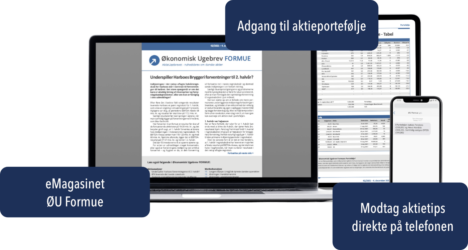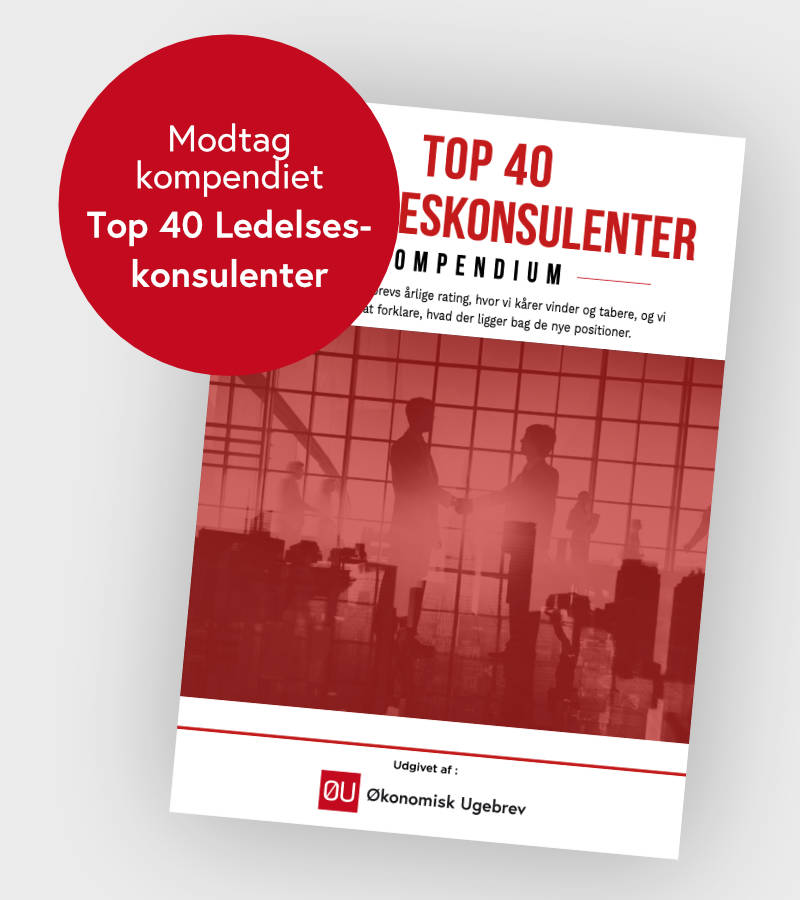Finansielle interesseorganisationer tager positivt mod EU’s Action Plan on Sustainable Finance. Det fremgår af høringssvar fra flere organisationer. ”The European Fund and Asset Management Association (EFAMA) said it was supportive of the overall direction of the action plan, notably the commitment to strengthen sustainability disclosure, as well as the proposal on an EU taxonomy. The EFAMA said, “the absence of a common language for sustainable assets and the lack of consistent and comparable corporate disclosure on sustainability had long been challenges in the integration of sustainability in the investment decision-making process”. The responsible investment pressure group, ShareAction applauded the Commission’s decisiveness in announcing its intention to legally clarify the duties of institutional investors and asset managers in relation to sustainability, as well as to ensure greater transparency towards end investors. ShareAction also welcomed the increasing focus on the social dimension of sustainable finance.”
UK politikere vil vide, hvordan de største pensionskasser forholder sig til klimarisici: “The chair of the UK’s House of Commons Environmental Audit Committee has written to the top 25 pension funds in the UK to ask how they manage climate risks and their potential impact on pension savings as part of its inquiry into green finance. This follows the endorsement by the British government of the Task-Force on Climate-related Financial Disclosures’ (TCFD) recommendations and the MPs are looking for views on how these could be implemented. The letter to the pension funds comes as the government admitted to the committee that there continues to be a misunderstanding by trustees about their duties in respect of environmental, social and governance issues. The government said that the 2014 Law Commission inquiry into the fiduciary duty of trustees found that pensions regulations were causing confusion. Specifically this was the legal requirement that trustees set out, in the fund statement of investment principles which they are required by law to review no less frequently than every three years: ‘the extent (if at all) to which social, environmental or ethical considerations are taken into account in the selection, retention and realisation of investments.’ In its letter to the committee, the Department of Work and Pensions said the requirement conflatedethical considerations with social and environmental issues.”
Blockchain teknologi vil udløse øget myndighedsregulering: I forskningspapiret ” The Rise of Blockchains and Regulatory Scrutiny ” hedder det, at ”In 2017, the increased adoption of blockchain technology in various industries was partially obscured by the dramatic fluctuations in the price of bitcoins and the prevalence of so-called initial coin offerings (ICOs) to raise capital to build out blockchain applications and platforms. Adoption of blockchain technology is expected to continue to rise in 2018, and the growing popularity of both the technology and ICOs is likely to bring with it continued legislative and regulatory scrutiny, especially with respect to U.S. securities and anti-money laundering laws. Blockchain technology refers to a distributed ledger system in which all parties have access to a secure and immutable ledger, and can transact with unknown parties in a secure manner. The system used advanced cryptography and a consensus algorithm to achieve that end. Certain blockchains are public in that they are accessible to all, Bitcoin being the most popular example, while others are private or permissioned blockchains, which are accessible only to approved users, such as a consortium of banks. (For background on how the technology operates, see our 2017 Insights article “ Blockchains Offer Revolutionary Potential in Fintech and Beyond ”)”
UK baserede AIM markedsplads skærper oplysningskravene om selskabsledelse: “The disclosures must provide details of how the AIM company complies with that code, and where it departs from its chosen corporate governance code an explanation of the reasons for doing so. This information must be reviewed annually and the company’s website should include the date on which this information was last reviewed. Until now, AIM companies had the choice of disclosing on their website which corporate governance code they followed, or stating they did not follow a code and setting out their own arrangements. The changes follow a consultation launched last December. Responding to the new requirements the QCA said that its research indicated that over 400 AIM companies currently refer to its corporate governance code.”
Intro-pris i 3 måneder
Få unik indsigt i de vigtigste erhvervsbegivenheder og dybdegående analyser, så du som investor, rådgiver og topleder kan handle proaktivt og kapitalisere på ændringer.
- Fuld adgang til ugebrev.dk
- Nyhedsmails med daglige opdateringer
- Ingen binding
199 kr./måned
Normalpris 349 kr./måned
199 kr./md. de første tre måneder,
herefter 349 kr./md.
Allerede abonnent? Log ind her













